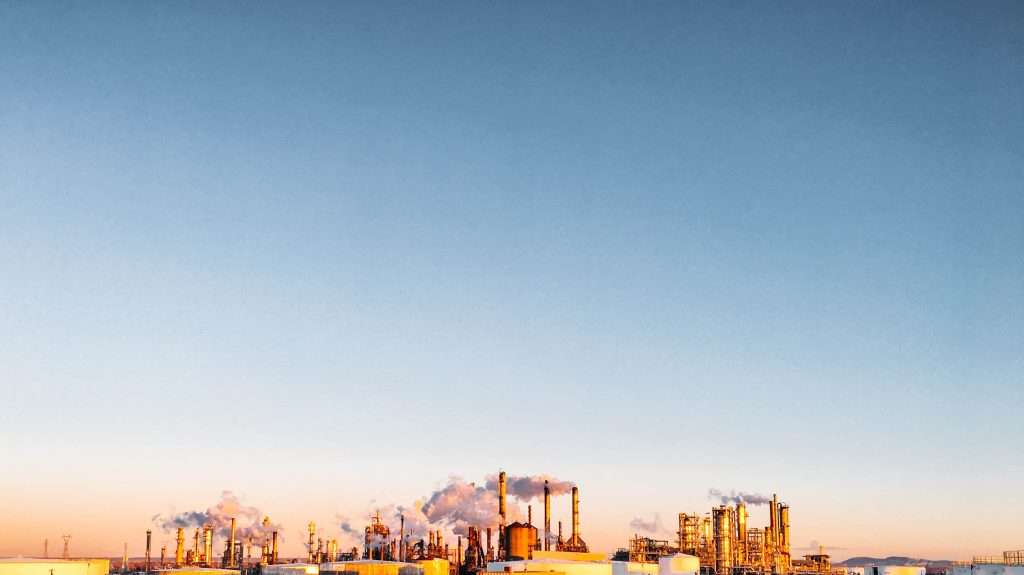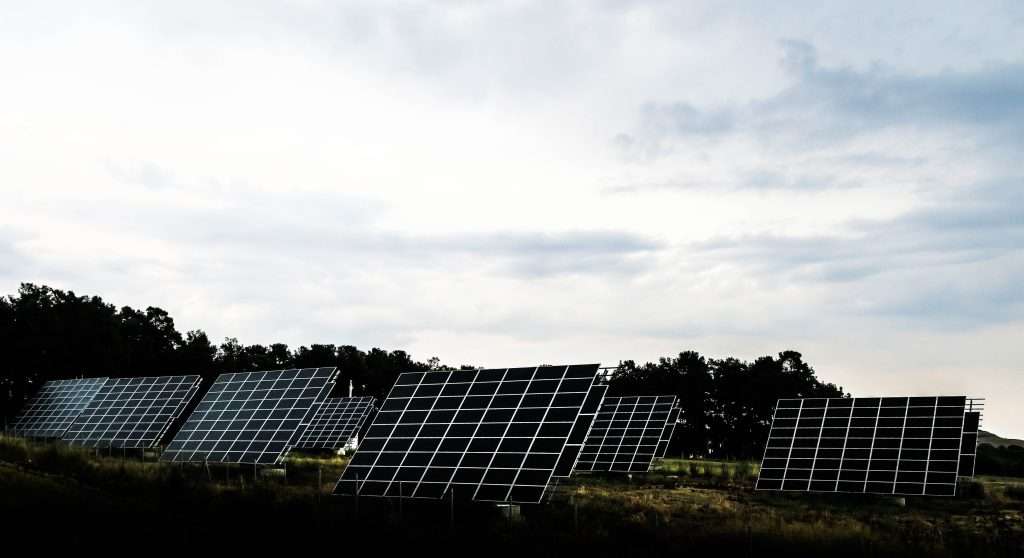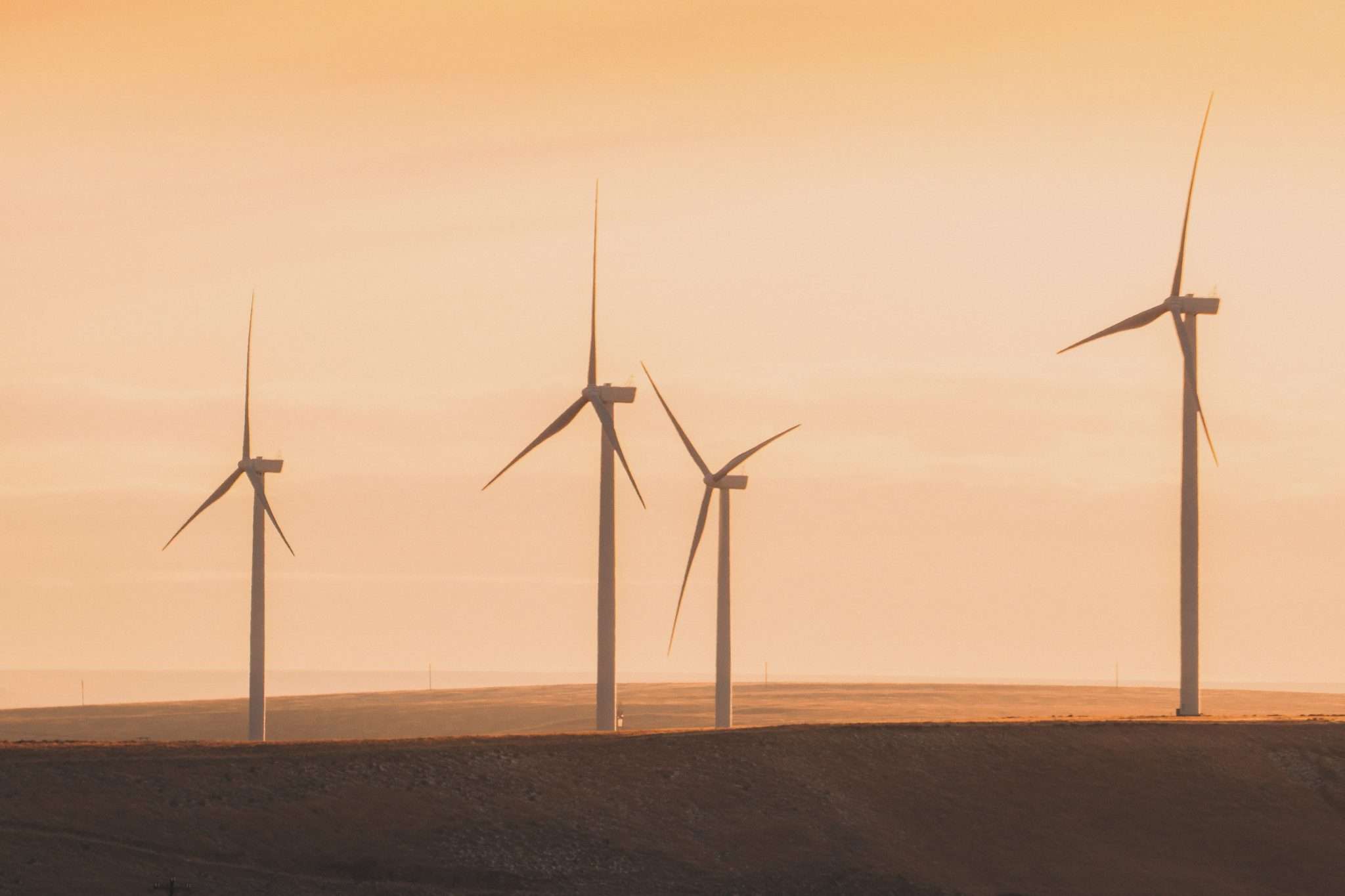In an unprecedented move, a founding OPEC member is urging the oil industry to shift away from fossil fuels and opt for clean energy technologies to thwart climate change.
The Organization of the Petroleum Exporting Countries, better known as OPEC, is a 13-country organization made up of the world’s top oil producers. Ahead of a key OPEC meeting scheduled for this week, the key member nation Iraq says the oil-producing nations should begin to shift efforts toward sustainable, renewable, and clean energy.
“To stand a chance of limiting the worst effects of climate change, the world needs to fundamentally change the way it produces and consumes energy, burning less coal, oil and natural gas,” Ali Allawi, Iraq’s deputy prime minister and finance minister, wrote in an op-ed for The Guardian.
“The International Energy Agency’s recent global roadmap to net zero by 2050 shows the world’s demand for oil will need to decline from more than 90m barrels a day to less than 25m by 2050,” he said. “This would result in a 75% plunge in net revenues for oil-producing economies, many of which are dominated by a public sector that relies on oil exports and the revenues they produce.”
Pandemic oil prices
The urging comes after OPEC had agreed to increase production to help with the economic recovery from the pandemic. The meeting this week was to discuss production outputs amid fluctuating oil prices. But Allawi, along with executive director of the International Energy Agency, Fatih Birol, say the pandemic provided a cautionary tale.

“Poverty rates in Iraq are estimated to have doubled in 2020. This is largely a result of the country’s decline in oil income, as prices nosedived globally because of the pandemic-induced collapse in demand. We cannot allow the livelihoods of millions of families to continue to be dictated by the vagaries of an unpredictable oil market,” Allawi writes.
He points out that this shift would boost Iraqi’s economy by redirecting resources into “productive industries”. According to Allawi, embracing renewable energy options such as wind and solar would allow the private sector to pay a larger role, “reducing the country’s reliance on hydrocarbon exports and committing to an economic renewal focused on environmentally sound policies and technologies.”
Climate change
Oil and gas production is a significant contributor to greenhouse gas emissions. In Iraq, it makes up 40 percent of the country’s emissions—and that’s before the fuel is used in cars or to produce electricity.
“There are opportunities for decarbonisation within relatively easy reach,” Allawi writes. “By making energy use more efficient across industries, transport and the building sector, Iraq and other countries could put the brakes on the runaway demand for energy growth they are currently experiencing.”

Allawi points to other benefits, such as reducing Iraq’s spend on electricity supply, and job creation across construction and maintenance of new, energy efficient buildings. He says that for every $1 million invested in energy efficiency, up to 30 jobs are created. “This is crucial in a country such as Iraq, with its young and fast-growing population.”
Solar power
And for one of the sunniest parts of the world, Allawi says Iraq is missing the opportunity solar power offers.
“The worst potential solar sites in Iraq get up to 60% more direct energy from the sun than the best sites in Germany,” he writes. “And yet the solar plants that Germany has built to date together offer two and a half times the electricity capacity of all Iraq’s operational oil, gas and hydropower plants combined.”

Shifting OPEC nations toward renewable energy brings “tremendous economic benefits,” says Allawi.
“Renewables, especially solar, could provide a cost-effective means of addressing the issues that have plagued Iraq’s electricity system for so long by increasing the reliability and affordability of the energy needed to power homes and businesses.”
But Allawi insists Iraq can’t do it alone. He says OPEC nations must work together, sharing financial resources, expertise, and policies. “Otherwise, the path to net-zero and the security of the world’s energy markets will both be imperilled.”
Related: EV Batteries Are a Recycling Nightmare, Tesla Says It’s Found a Solution


